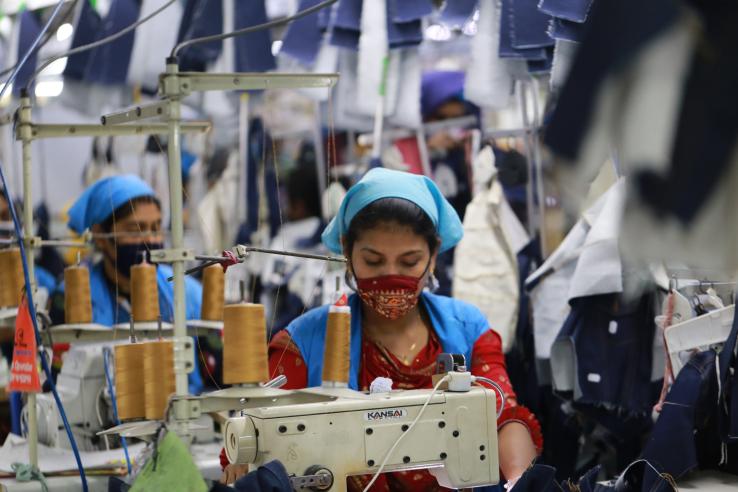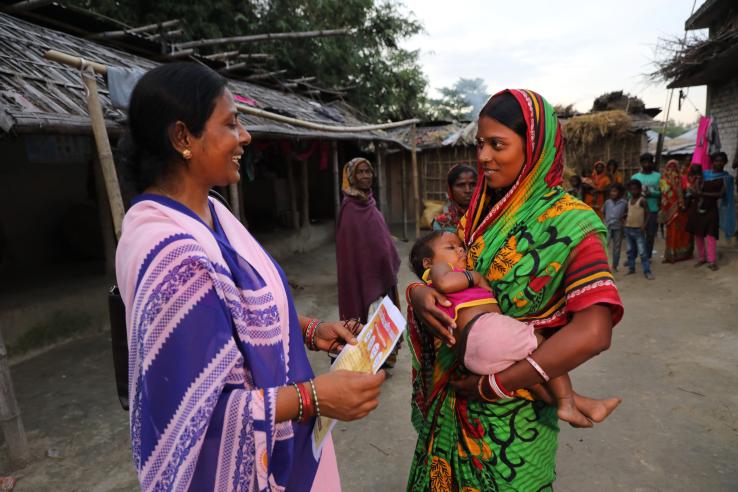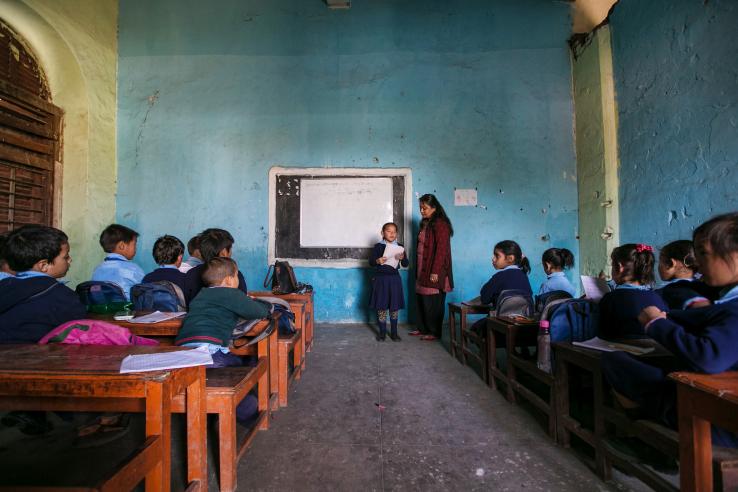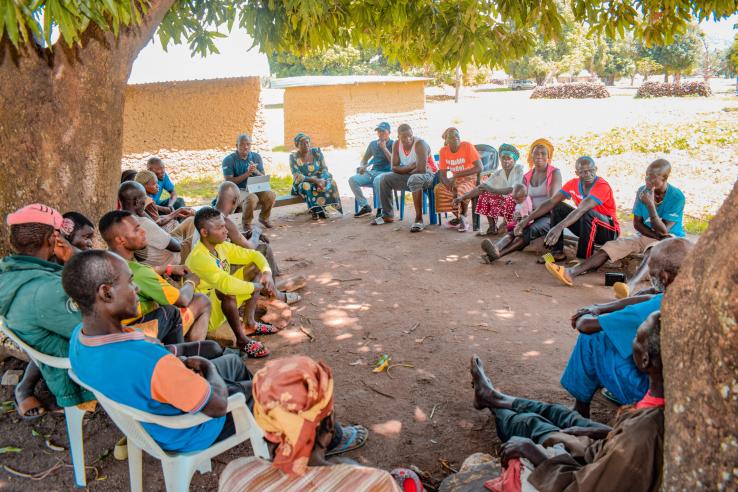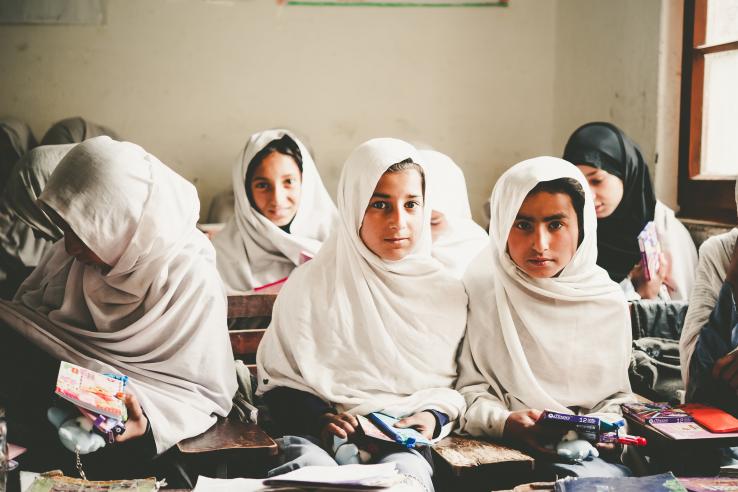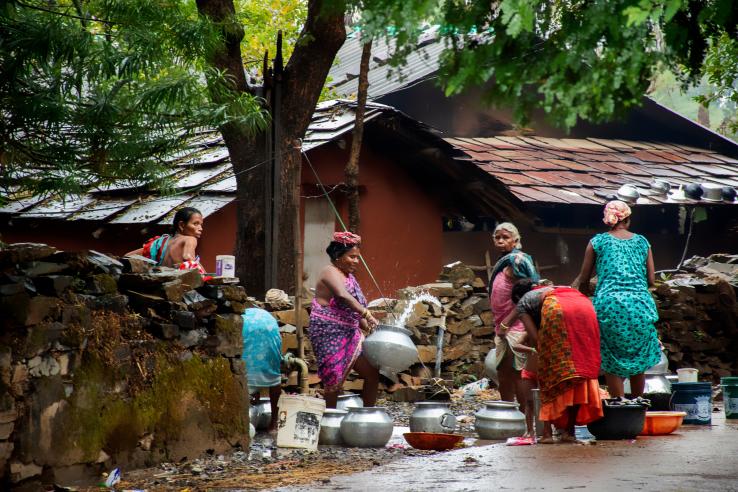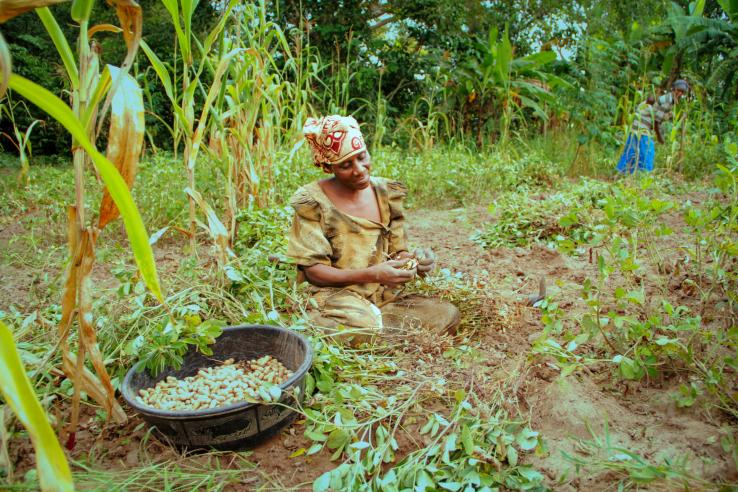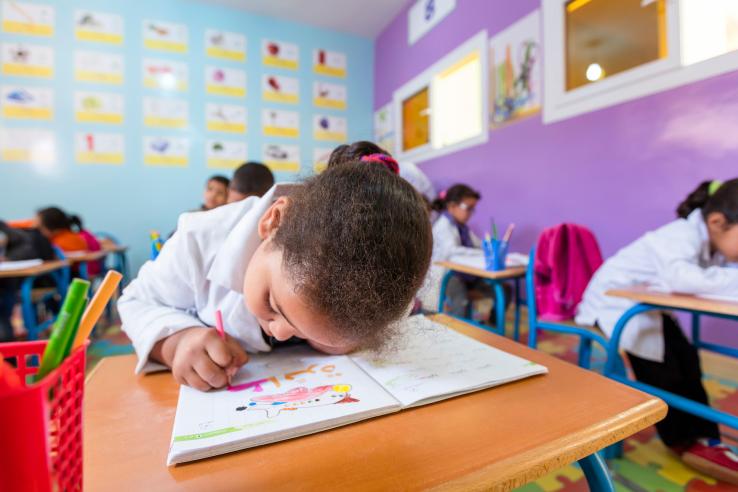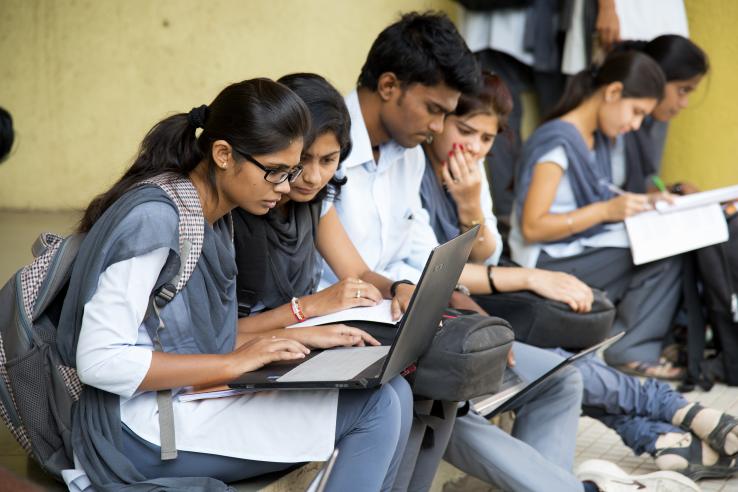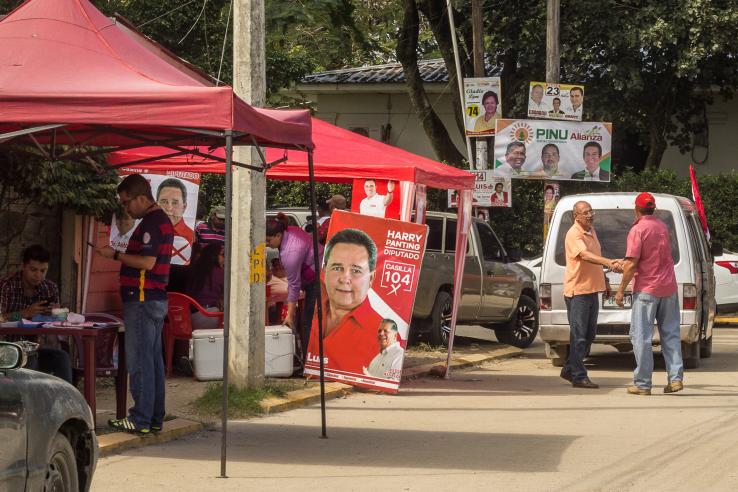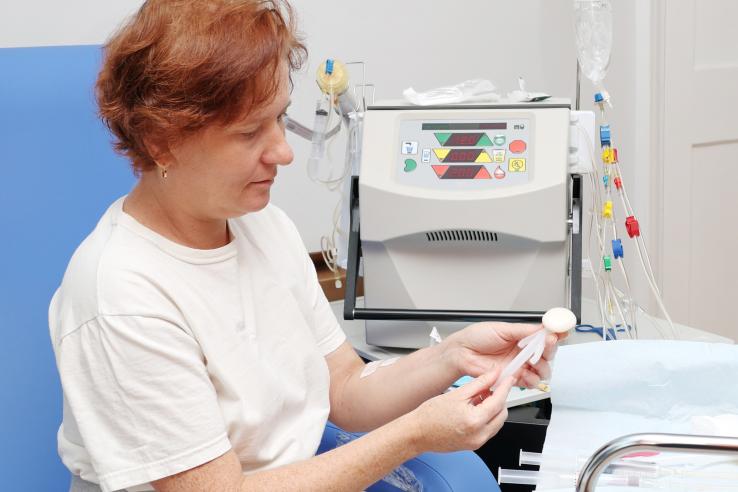Displaying 1 - 15 of 1291
Evaluation
Identifying and training effective managers is crucial for improving both firm productivity and worker well-being. Researchers are conducting a randomized evaluation to test the impact of different combinations of managerial screening and training tools on business and worker well-being outcomes.
Evaluation
In low- and middle-income countries (LMICs), approximately twenty percent of women who bear children experience depression during pregnancy or in the year after their child’s birthday, called perinatal depression, but they are rarely diagnosed or treated. Researchers evaluated the impact of a cognitive behavioral therapy (CBT) program on the mental health, financial empowerment, and parenting decisions of 903 women with perinatal depression in Pakistan. They found that the CBT program reduced postpartum depression. The program also had long-term outcomes: seven years later, a different team of researchers found a reduction in depression rates, an improvement in financial empowerment, and an increase in time- and money-related parental investments, particularly for mothers of girls.
Evaluation
Training teachers to improve teacher quality and student learning is a common strategy taken by policymakers. In Nepal, researchers conducted a randomized evaluation of a government teacher training program for math and science teachers to evaluate the impact on student learning in secondary schools.
Evaluation
Researchers conducted a randomized evaluation to test the impact of providing information about police alternatives on individuals' reported likelihood of calling the police and a follow-up randomized evaluation to understand key public-safety stakeholders’ receptiveness of police alternatives. The first study found that information about police alternatives had a bipartisan decrease on police reliance in nonviolent scenarios. The second study revealed that police are more responsive to evidence on public interest in police alternatives when it is presented using some framing devices compared to others.
Evaluation
Researchers conducted a randomized evaluation to test how encouraging traditional leaders to broaden their circle of advisors affects inclusive governance in Zimbabwe. Village chiefs improved their decision-making processes when they attended the workshop on inclusive and transparent governance and were accompanied by a civil society member.
Evaluation
Researchers partnered with a local non-profit, Walter, to evaluate the effectiveness of two school-based social cohesion interventions for immigrants’ children in Finnish schools.
Evaluation
In Colombia, researchers conducted a randomized evaluation to test the impact of a messaging-based program via WhatsApp focused on financial education, couples’ communication, and information provision on financial capability, women’s empowerment, and intimate partner violence.
Evaluation
This project used a randomized evaluation to study the effect of a learning program targeting adolescent girls on their education, aspirations, and empowerment.
Evaluation
More than two billion people around the world lack access to clean drinking water, and current approaches to increasing access have fallen short. Researchers conducted a randomized evaluation to test the impact of delivering clean water directly to households on the valuation of clean water, and other water-related benefits in India.
Evaluation
In western Uganda, researchers conducted a series of randomized evaluations that assessed the impact of introducing a combination of post-harvest services, training on agricultural best practices, and access to a market for high-quality maize on farmers’ productivity and profits. Researchers found that the extension services only intervention had little to no impacts on productivity and farmer profits.
Evaluation
Researchers are conducting a randomized evaluation to measure a major preschool construction program underway in Morocco.
Evaluation
In partnership with an education assessment firm, researchers conducted a randomized evaluation to isolate the impact of computer-based individualized instruction in India. After nine months, lower-performing students in grades six to eight learned 22 percent of a standard deviation more in math if offered materials that matched their learning levels. For the average student, individualized instruction did not affect math learning.
Evaluation
In this randomized evaluation in Honduras, researchers assessed how the national Programa de Asignación Familiar (Family Allowance Program) CCT program, which provided a combination of transfers to households and transfers to support public goods, influenced voting in local and national elections. In municipalities where households received direct transfers, incumbent mayors faced a higher likelihood of re-election (an increase of 39 percent), but there was no impact on presidential election outcomes for any combination of transfers.
Evaluation
Researchers analyzed the impact of a new reimbursement model to incentivize end-stage kidney disease providers and facilities to provide home dialysis on home dialysis rates. During the first year of the study, there was no statistically significant difference in home dialysis rates between hospital referral regions randomly assigned to the new reimbursement model and those that used the old model.
Evaluation
researchers are evaluating the impact of CBFM on farmers’ agricultural productivity, adoption of modern technology, rural livelihoods, and forest conservation.
